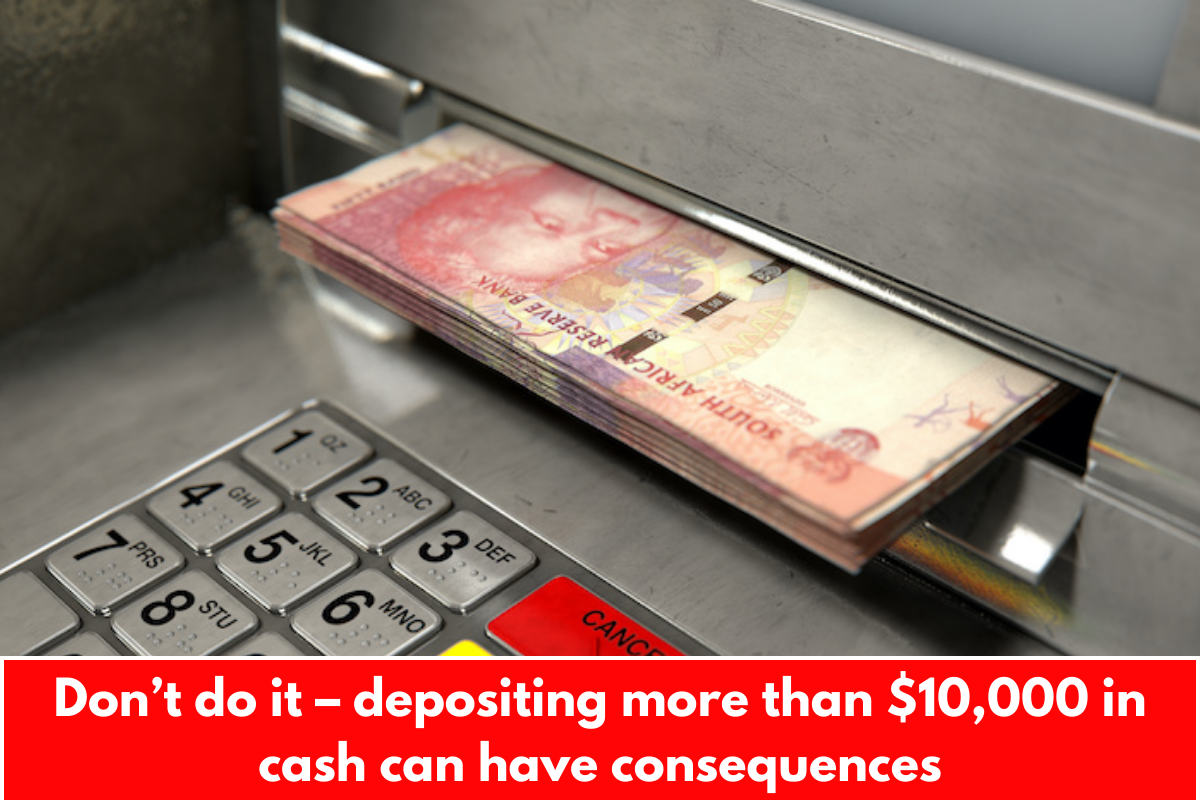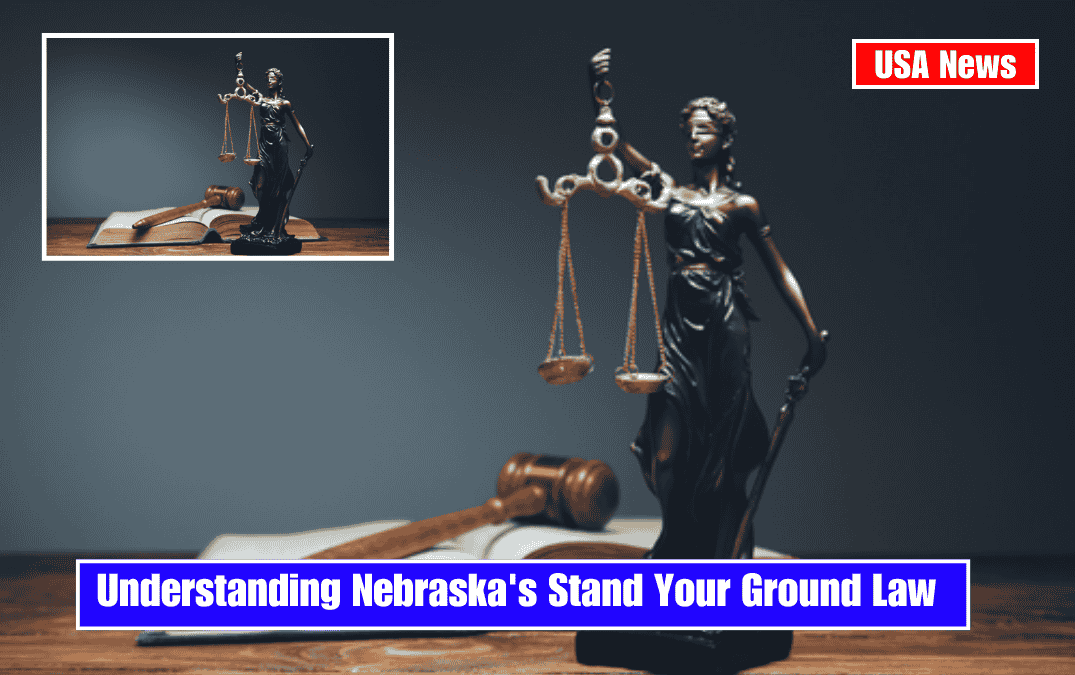The Bank Secrecy Act of 1970 requires banks to notify the federal government when a customer deposits or withdraws more than $10,000 in cash in 24 hours. The purpose of this regulation is to help the government identify and investigate potential money laundering operations.
If you are not engaging in any illegal activity, you should not be concerned. If you try to avoid this procedure, you may face serious consequences.
Americans should avoid depositing more than $10,000 in cash
When your cash deposits or withdrawals exceed $10,000 in 24 hours, your bank must file a cash transaction report (CTR) with the Financial Crimes Enforcement Network (FinCEN). This report includes important information such as:
- Your name
- Address
- Social Security number
- Driver’s license number (if you have one)
- Date, amount, and type of transaction
Furthermore, bank employees must verify your identity but are not required to inform you that they are filing the CTR. They may also ask you other questions, such as where the money originated. Although you are not required to respond, it is advisable to be honest.
If the bank believes you are attempting to avoid answering questions, they may become suspicious. It is important to note that breaking up the deposit into smaller amounts to avoid the requirement is known as “structuring” and is illegal.
If the bank believes you are manipulating your transactions, it will notify FinCEN of the suspicious activity. The penalties for structuring include five years in prison, a $250,000 fine, or both.
What should Americans need to know if they need to deposit more than $10,000?
If your bank does not accept deposits over $10,000, you have several options. Some options include making smaller deposits within your bank’s limits or opening a new account at a bank that accepts larger deposits. To find out what alternatives you have, it is important to contact your bank before making the transaction.
How much money is recommended to have in the checking accounts?
Your bank account is the focal point of your finances because it is where you receive your paycheck, pay your bills, and make daily purchases. However, having too much or too little cash on hand can have a negative financial impact.
The key is to strike the right balance between covering your expenses and having enough money to save. Here’s how to do it. As a general rule, you should have enough funds in your bank account to cover one to two months’ expenses. This allows you to avoid overdrafts while also ensuring that you have enough money for debt payments, rent, electricity, insurance, and other expenses.
Maintain a checking account balance of $3,000 to $6,000 if your monthly expenses are $3,000. This is the appropriate amount to have in your account because it pays bills and unforeseen expenses without depleting your savings, avoids overdraft penalties and denied payments, and prevents excess cash from sitting idle and accruing interest in another account.
However, there are several scenarios in which having a larger amount in your checking account may be beneficial:
- Unpredictable income: It’s wise to have a contingency fund if you operate as a freelancer or on a project basis because payments can be erratic.
- Variable costs: Some expenses, including travel or utilities, can change from one month to the next. You can better handle those ups and downs if you have more money.
- Minimum balance requirement: It’s recommended to stay away from your bank if it charges penalties for keeping a low balance.
- Vacation period: Since it’s normal to spend more money during the holidays, having a little extra cash on hand will help you avoid paying more in overdraft fees.









